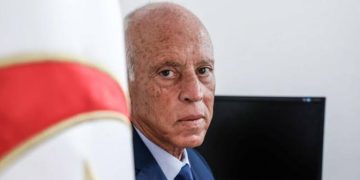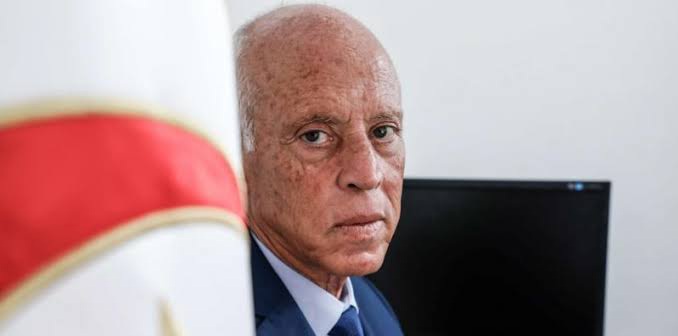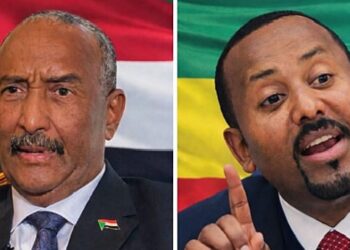By Enyichukwu Enemanna
Condemnation has trailed Tunisia’s parliamentary election scheduled to hold on Saturday which the opposition says will tighten President Kais Saied’s grip on power, capping what they describe as a march to one-man rule over a country that shook off dictatorship in 2011.
Coming at about 12 years after a Tunisian vegetable seller Mohamed Bouazizi set himself on fire in an act of protest that sparked the Arab Spring, the ballot is believed to fuel a new political order following Saied’s dissolution last year of the previous legislature.
Saied, a former law lecturer who was a political independent when elected president in 2019, has described the election as part of a roadmap for ending the chaos and corruption he says afflicted Tunisia under the previous system.
It is however being boycotted by the opposition parties who are believed to have shaped Tunisia through the past decade.
The election according to reports has stirred little interest among a population facing myriads of economic hardship.
Tunis construction worker Mohamed Salmi said he did not plan to vote. “They have made our lives hell … Our ultimate dream has become to find a bottle of milk for our children,” he told Reuters.
Voters will be choosing a parliament largely defanged by a new constitution, approved with a low turnout in a July referendum that was engineered by Saied to shift Tunisia back towards a presidential system.
He appoints the prime minister under the new constitution – a departure from the previous system which gave parliament a central role in picking the cabinet.
Nejib Chebbi, head of an anti-Saied coalition including Ennahda, said the election amounted to a “a still-born farce”, and the result seems unlikely to have any impact on government policy.




































